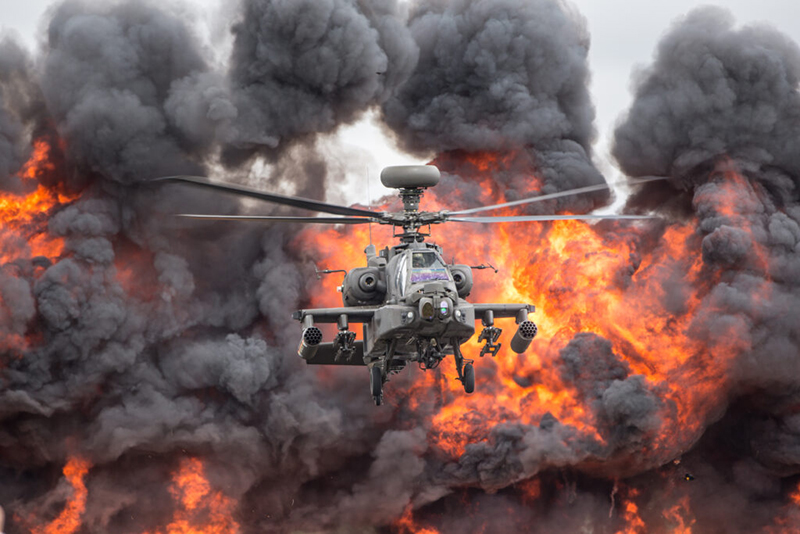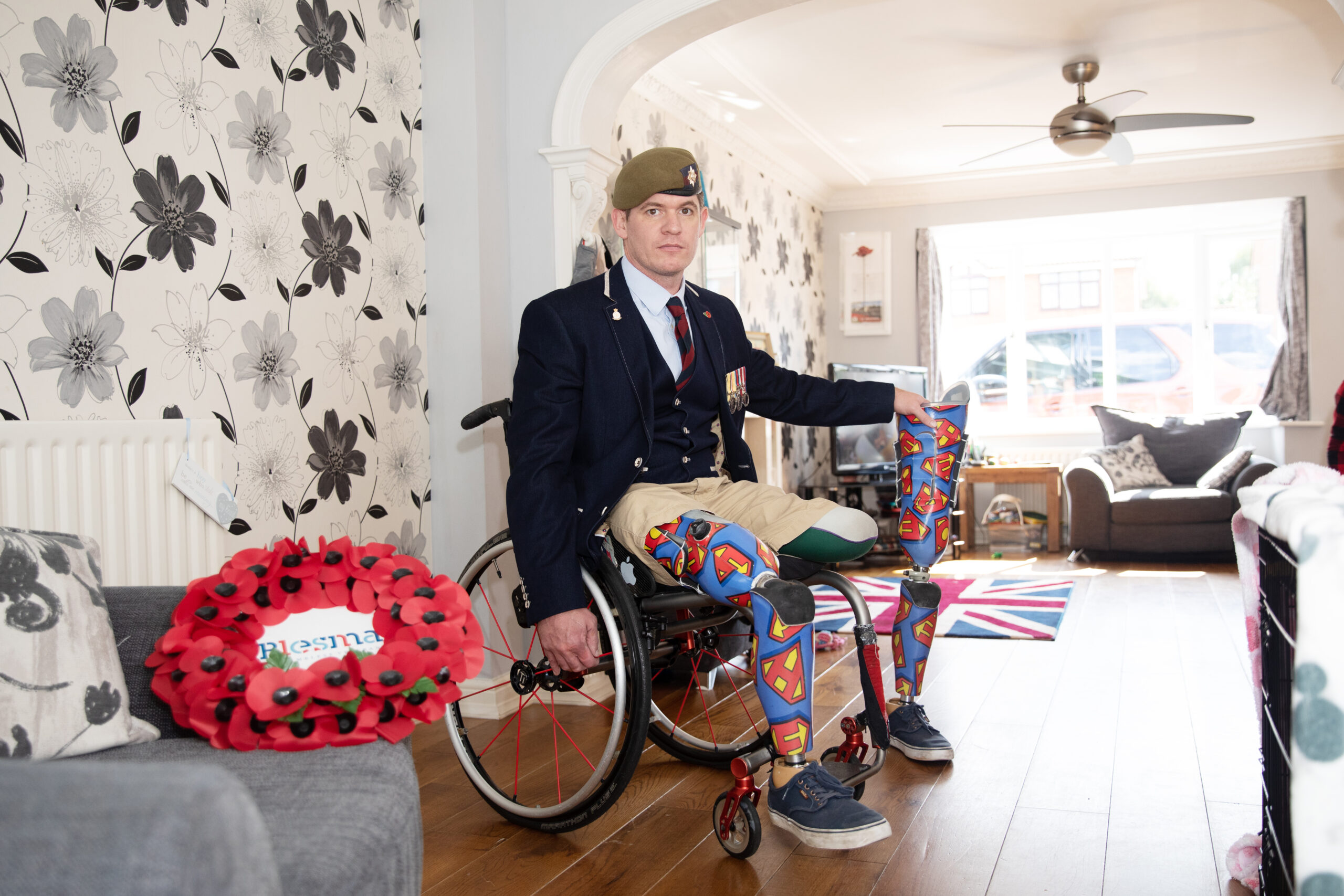
How Does Military Simulation Help Prepare for Defence Missions?
Military simulation is a powerful tool used to help prepare for, and respond to, defence missions. It offers an effective way for the Military to practice and rehearse tactical plans in a simulated environment before they are put into action. In this article, we’ll discuss the benefits of military simulation and how it can be used to improve Operational Capability (OC) of defence missions.
How Does Military Simulation Work?
Military simulation replicates real-world scenarios to provide training and education on how best to handle them across many disciplines. This allows the military personnel involved in a mission to gain experience without having to risk life or limb in a live exercise or mission. By using realistic simulations, military personnel can rehearse potential scenarios and develop mental strategies and muscle memory that may be necessary when responding to an actual threat or situation.
The Benefits of Simulation Training
Simulation training offers a range of benefits that cannot be replicated through traditional live training methods. It gives trainees an opportunity to practice and hone their skills in a simulated environment without having to risk the safety of personnel or resources in the field. This allows them to understand and assess potential risks, identify areas where they need improvement, and develop strategies to effectively respond to various challenges. Furthermore, simulations can also be used to explore new tactics and strategies within a safe environment before they are tested in real-world scenarios. Here are just some of the benefits that come with utilising military simulations:
Improved decision making
Through the use of simulations, defence personnel can practice making decisions quickly and accurately under pressure. This helps them better understand how their decisions will affect the outcome of any given mission.
Increased situational awareness
Simulations allow defence personnel to become familiar with different environments so they can make better decisions when faced with potential threats or enemy forces. This increased situational awareness enables them better anticipate situations before they occur, allowing them greater control over their actions during any given mission.
Simulations can also help bridge the gap between theory and practical application by providing trainees with an immersive learning experience that allows them to put theory into practice in a simulated environment. Additionally, simulations can be tailored according to specific mission objectives, allowing trainees to focus on honing their skills for the task at hand rather than focusing on generic skillsets.
More effective training
By simulating different scenarios, defence personnel can practice their skills in a safe environment without risking life or limb in real-world exercises or missions. This improved training prepares them for any eventuality that could arise during an operation so they are better equipped for success when it counts most.
Preparedness
Military simulation provides an effective way to train for any mission that may be encountered in the field. By utilising virtual scenarios and simulations, defence personnel can practice responding to any situation they may encounter while on duty, from hostile environments to natural disasters. Simulations also allow them to plan out their strategy and run through various scenarios before executing a mission in real life. This ensures that they are well-prepared and ready for anything that comes their way.
Reduced costs
Utilising simulations instead of live exercises reduces costs associated with conducting operations as well as providing equipment for training purposes since simulations require fewer resources than real-world operations do. It’s more time efficient and offers opportunities to maintain skills for those unable to operate in live environment due to temporary medical limitations. Reducing the risk of skill-fade.
Enhanced team collaboration
Teamwork is essential when it comes to successful defence missions and simulations help teams become more effective by allowing them to rehearse strategies prior to executing any plans in real-life scenarios. Working together through simulated environments enables teams to become familiar with each other’s roles and responsibilities, strengths and weaknesses, which increases their overall effectiveness during operations.
More Efficient Strategies
Military simulations provide invaluable insights into how different strategies may play out in real-world situations by providing detailed analysis based on performance data collected during training sessions or wargames. With this data, defence personnel can develop more efficient strategies by anticipating potential outcomes before they happen thus providing them with an advantage over their opponents should the need arise. Additionally, this data can help identify flaws in existing strategies so that new ones may be developed more quickly than would otherwise be possible in real-world scenarios.
Supports Live Training
Simulation will not replace getting cold, wet and tired – where skills are required to make decisions and react to situations under these added stressors and fully testing and stretching cognitive burden. Live training, although valuable and vital, is a huge cost for the training process, involves logistical challenges and can result in trainee injury. A mix of both is essential. When used effectively, simulation training is a valuable asset for complimenting the live training and offers an environment to teach and practice before going out into the field.
Military simulation is a powerful tool used by Defence and provides numerous benefits when preparing for operational deployments. Not only does it enable teams to rehearse strategies prior to any missions, but it also reduces costs associated with conducting exercises while improving decision making under pressure and increasing situational awareness among those involved. In short, using simulation helps defence personnel become more prepared for any eventuality so they have a greater chance at success when faced with enemy forces or potential threats. As such, incorporating military simulation into your organisation’s training regimen could prove beneficial as you strive for improved training outcomes and highly effective personnel.
Become a part of the DSET community to network and grow your knowledge at DSET 2023 . Register to attend here.
Image credit: defencephotography.com


